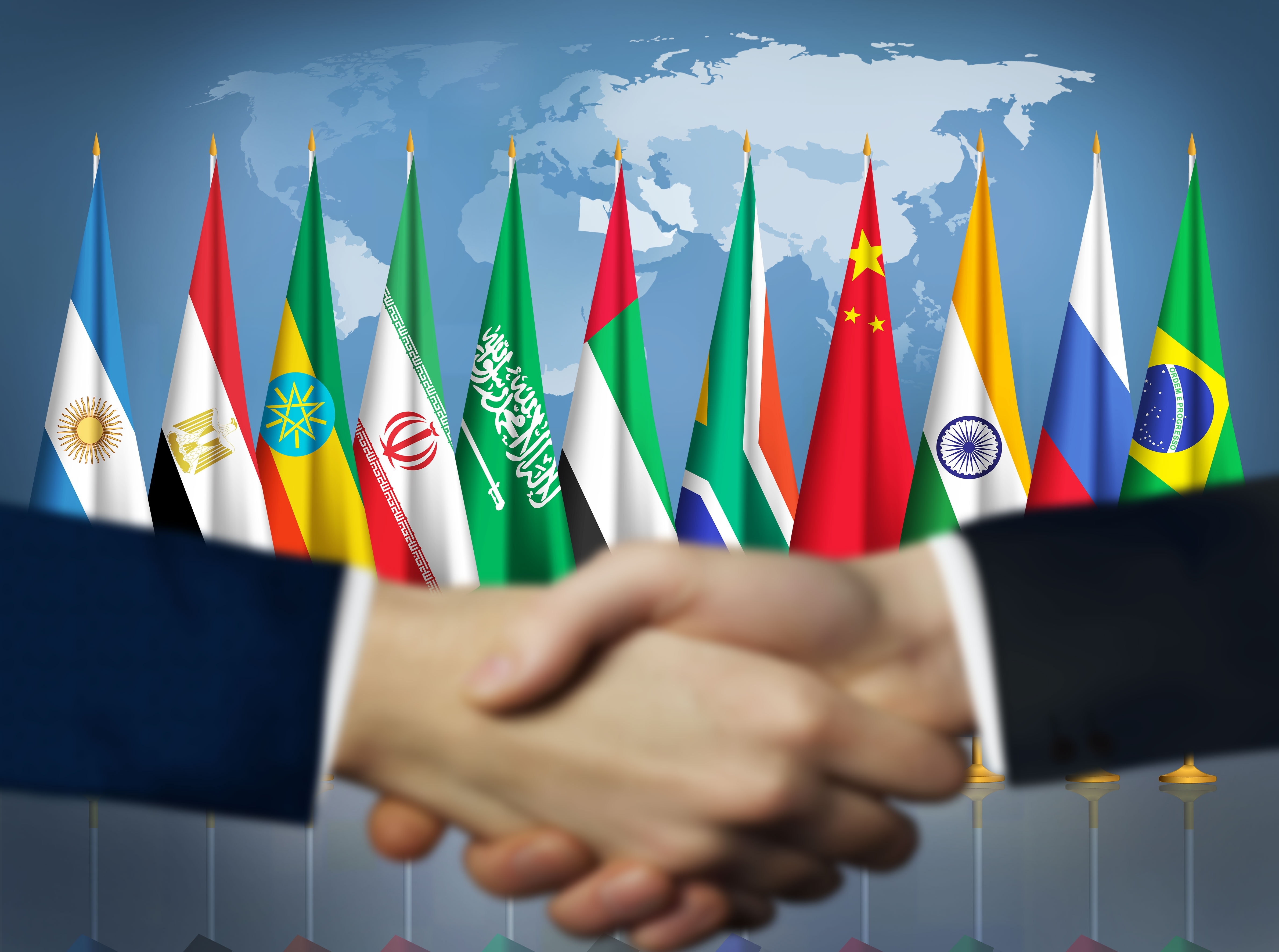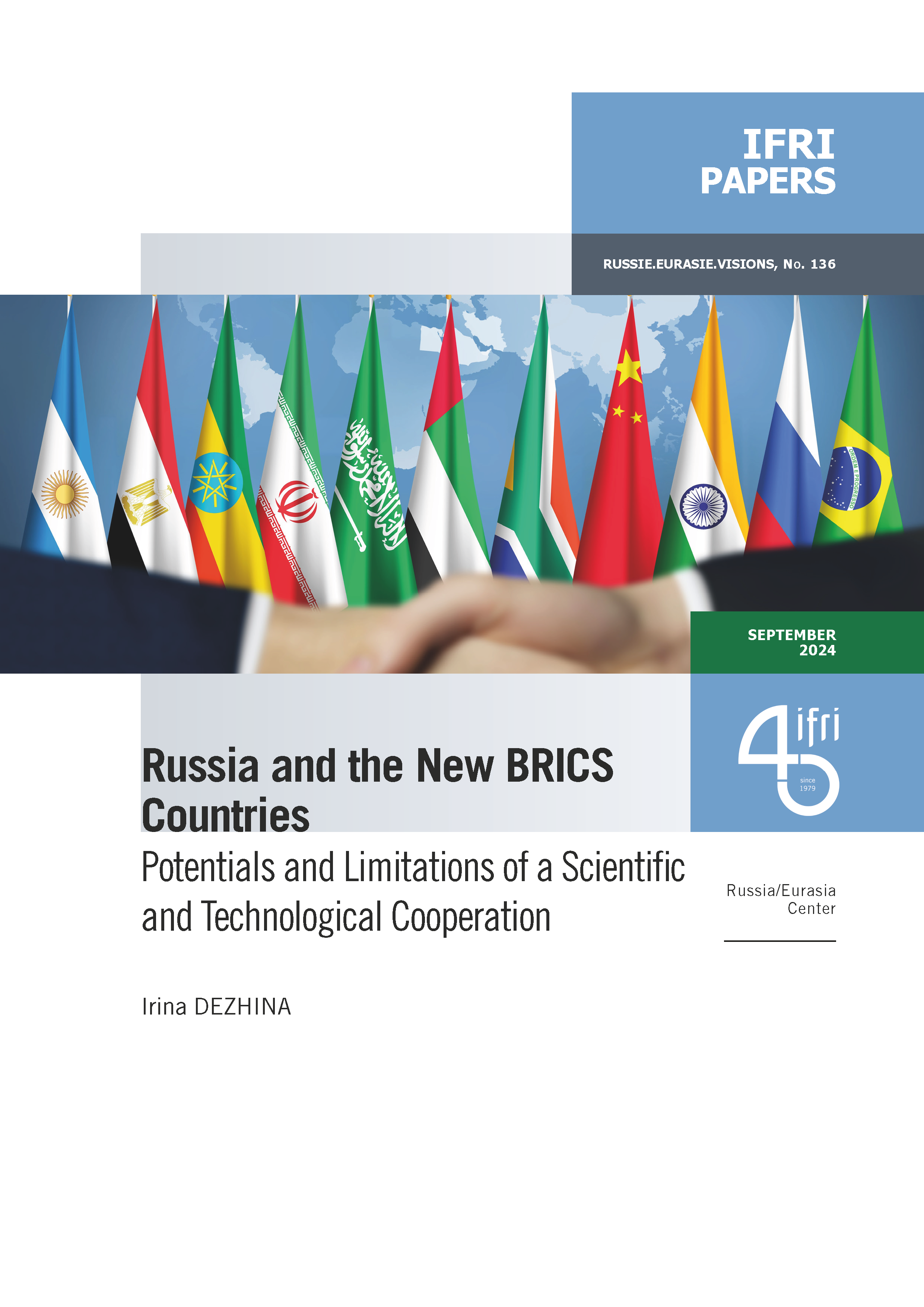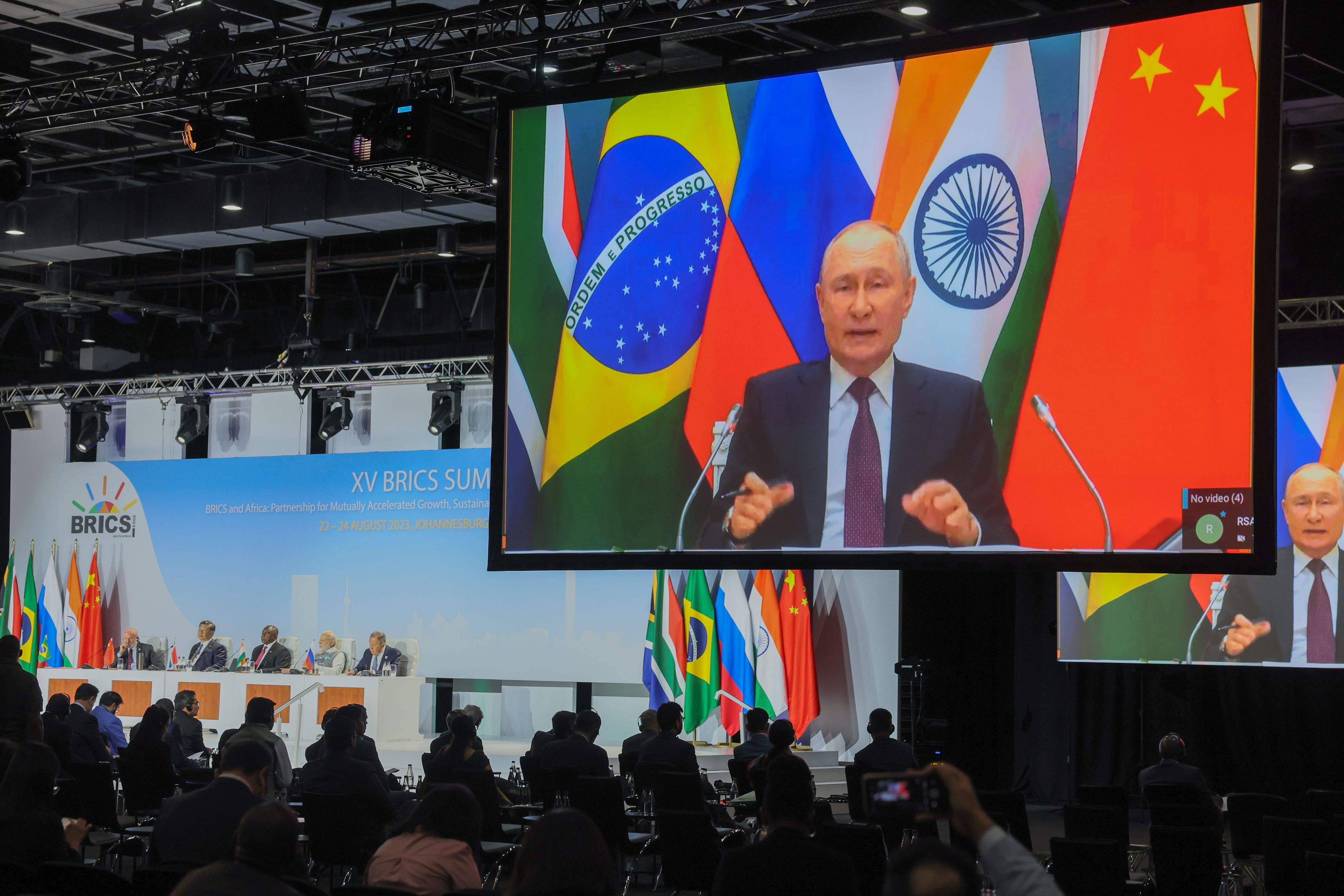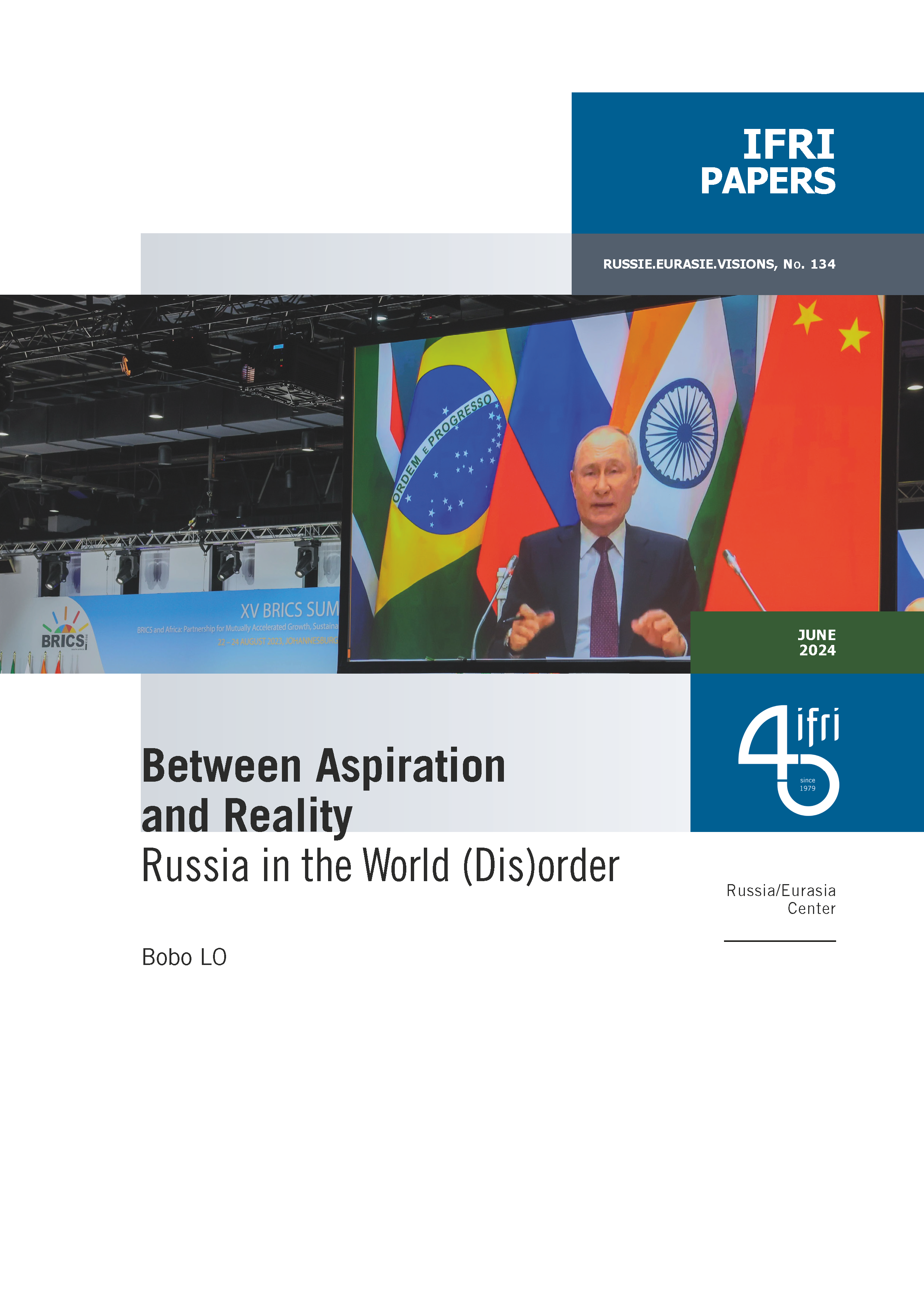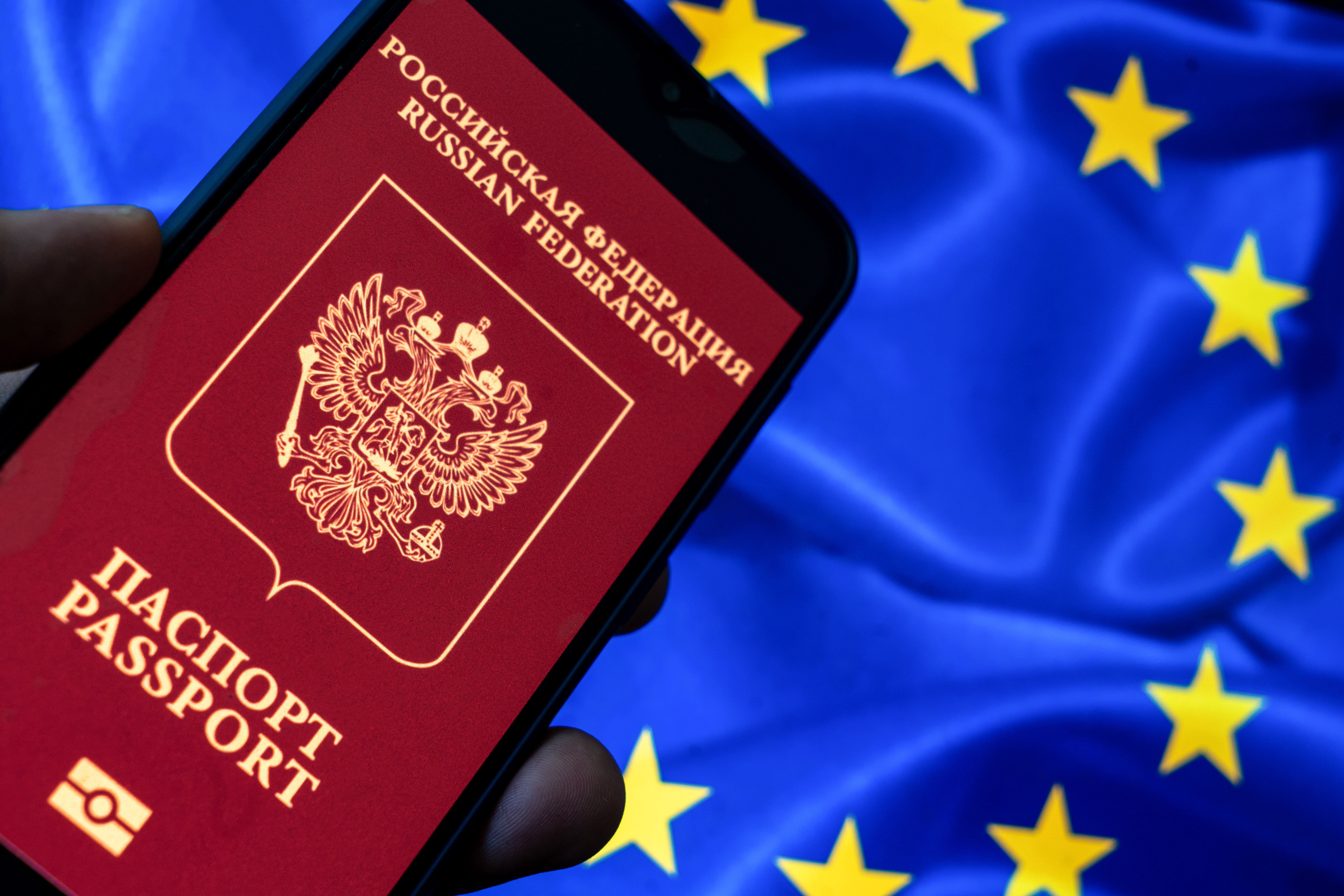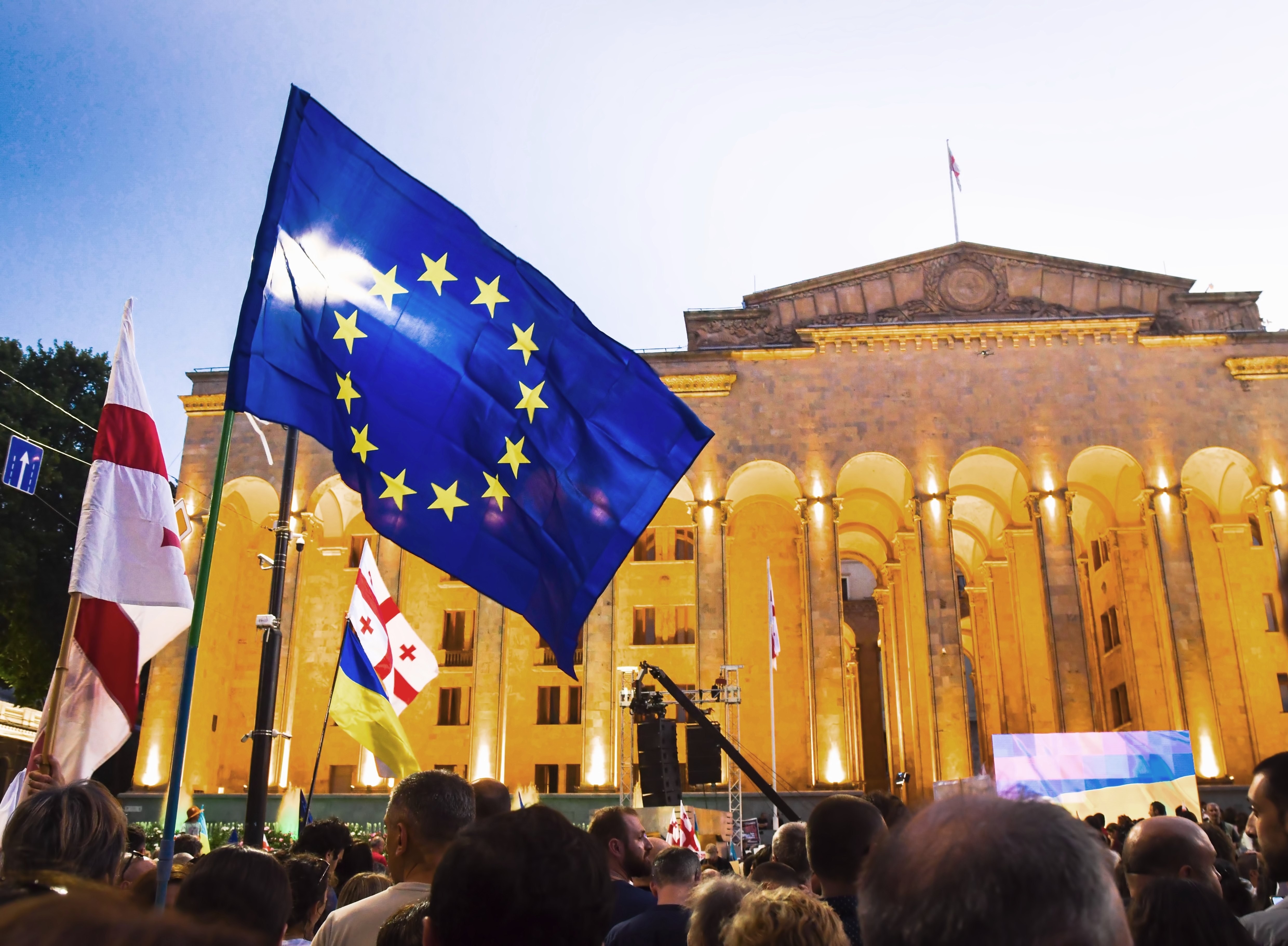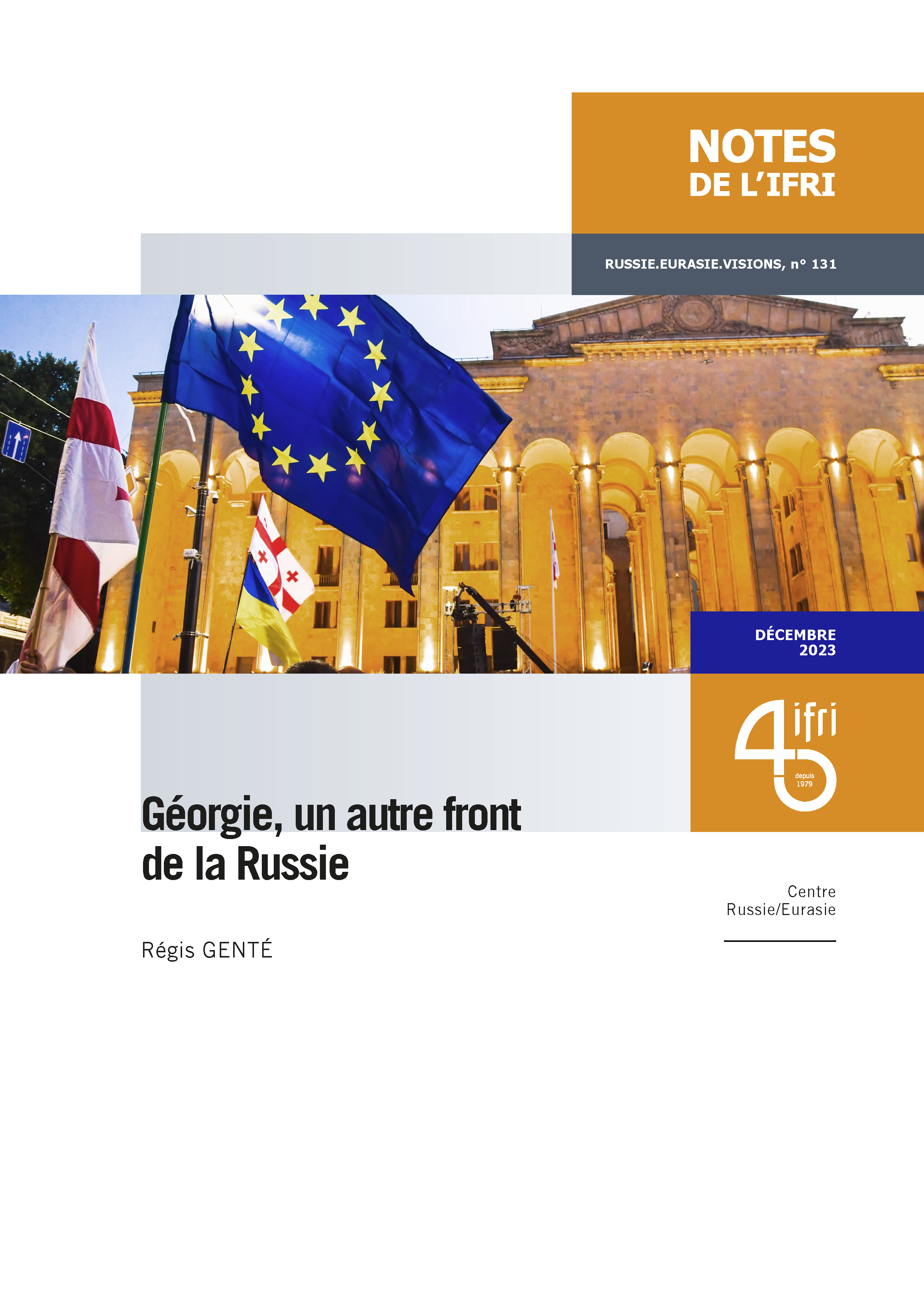Russia/Eurasia Center
Founded in 2005 within Ifri, the Russia/Eurasia Center conducts research and organizes debates on Russia, Eastern Europe, Central Asia, and the South Caucasus. Its goal is to understand and anticipate the evolution of this complex and rapidly changing geographical area in order to enrich public discourse in France and Europe and to assist in strategic, political, and economic decision-making.
Read more


Director of the Russia/Eurasia Center, Ifri
Publications
See all our interventions
Flagship Publications
Titre Bloc Axe
Research Areas
See all our interventions
Titre Axe de recherche
Russian Economy and Society
The Economy and Society research axis within Ifri's Russia/Eurasia Center is interested in economic questions including the impact of Western sanctions on the Russian economy as well as the evolution of society (demography , middle classes, youth, education, opposition, militarization, protest movements, etc.).
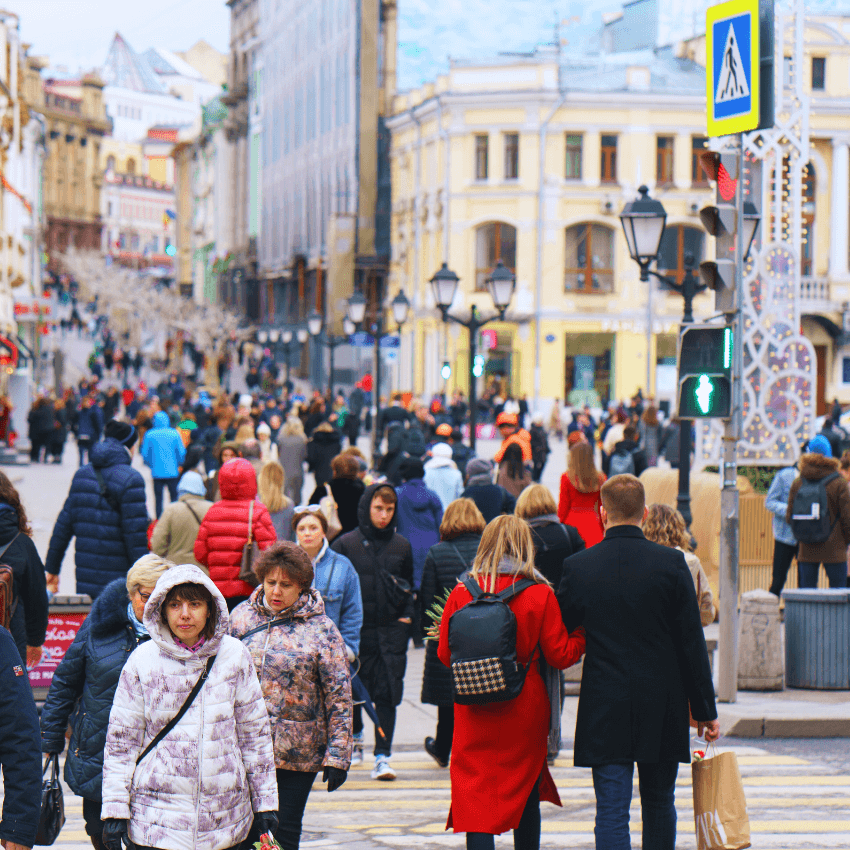
Titre Axe de recherche
Russian Domestic Politics
The Domestic Politics research axis within Ifri's Russia/Eurasia Center analyzes Russian domestic politics, the evolution of the political system and its elites, as well as their relations with society.

Titre Axe de recherche
Russian Foreign Policy and Defense
The Foreign Policy and Defense research axis within Ifri's Russia/Eurasia Center examines Russia's relations with the former Soviet republics and the rest of the world, particularly the West and China. A specific importance is given to defense and security issues.
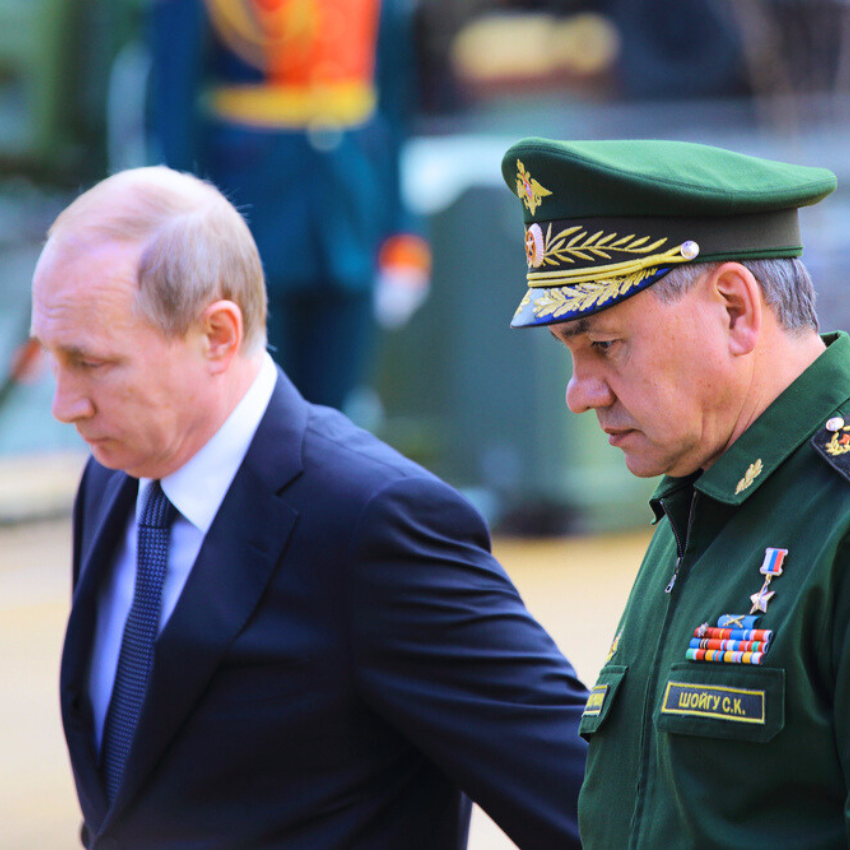
Titre Axe de recherche
Eurasia
The Eurasia research axis within Ifri's Russia/Eurasia Center analyzes internal developments in Ukraine, Moldova, Belarus, Georgia, Armenia, Azerbaijan, Kazakhstan, Uzbekistan, Turkmenistan, Tajikistan and Kyrgyzstan, as well as their relations with the Russian Federation and other regional and global powers.
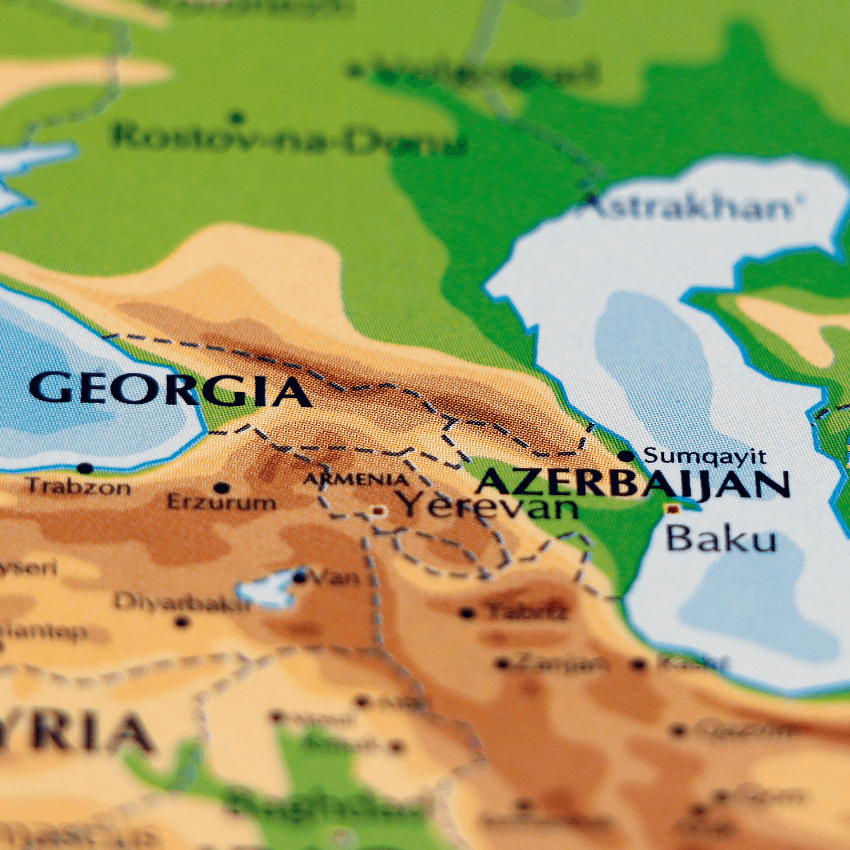
Publications
Italy, Russia's Voice in Europe?
Italy is one of Russia's most important partners in Europe. They have established extensive cooperation in practically all areas: economic cooperation is at a very high level, and on most issues of world politics Russia and Italy's positions are close or coincide.
What the North Caucasus Means to Russia
The crisis in the North Caucasus has had a negative impact across all of Russia.
The Caucasus: a Hotbed of Terrorism in Metamorphosis
Since summer 2009, instability in the eastern part of the North Caucasus has escalated, a security threat against which the Russian leadership cannot find a strategy. Despite a maximum-intensity counterinsurgency campaign, the rebels have been able to expand their support base, staging terrorist attacks in Moscow.
Economic Constraint and Ukraine's Security Policy
Since winning the 2010 presidential elections in Ukraine, Viktor Yanukovych has worked hard to repair Kyiv's relationship with Moscow.
"Digital Kremlin": Power and the Internet in Russia
The Russian Internet, which has undergone considerable development in the last decade, remains subject to constant scrutiny from the Kremlin. Digital technology has posed a challenge to the governance and political legitimacy of the ruling class, which has been anticipated by President Medvedev.
Doing Business in Russia: Informal Practices and Anti-Corruption Strategies
To understand corporate corruption in Russia and to develop both anti-corruption policies at the macro level and anti-corruption strategies at the enterprise level effectively we need to move beyond the predominant corruption paradigm and to disaggregate its measurement. The article outlines the results of a pilot survey of CEO of companies operating in Russian regions with regard of their use of informal practices.
Developing Research in Russian Universities
This article addresses the key features and the state of research in Russian higher education establishments. It examines measures taken to support research in universities and to integrate R&D with higher education since the fall of the Soviet Union.
Russian Civil-Military Relations: Is There Something New with Medvedev ?
How the Chinese See Russia
This essay examines Chinese attitudes toward Russia as a great power, neighbor, partner and competitor.
Israel's Immigrant Parties: An Inefficient Russia Lobby
Since 2009 the influence of immigrant party Israel Beiteinu on foreign and security policy in Israel has grown. The party won 15 seats in the 2009 parliamentary elections and its leader, Avigdor Lieberman, became the Minister of Foreign Affairs.
The Team

Our research fellows: Russia/Eurasia Center
Support independent French research
Ifri, a foundation recognized as being of public utility, relies largely on private donors – companies and individuals – to guarantee its sustainability and intellectual independence. Through their funding, donors help maintain the Institute's position among the world's leading think tanks. By benefiting from an internationally recognized network and expertise, donors refine their understanding of geopolitical risk and its consequences on global politics and the economy. In 2024, Ifri will support more than 70 French and foreign companies and organizations.











